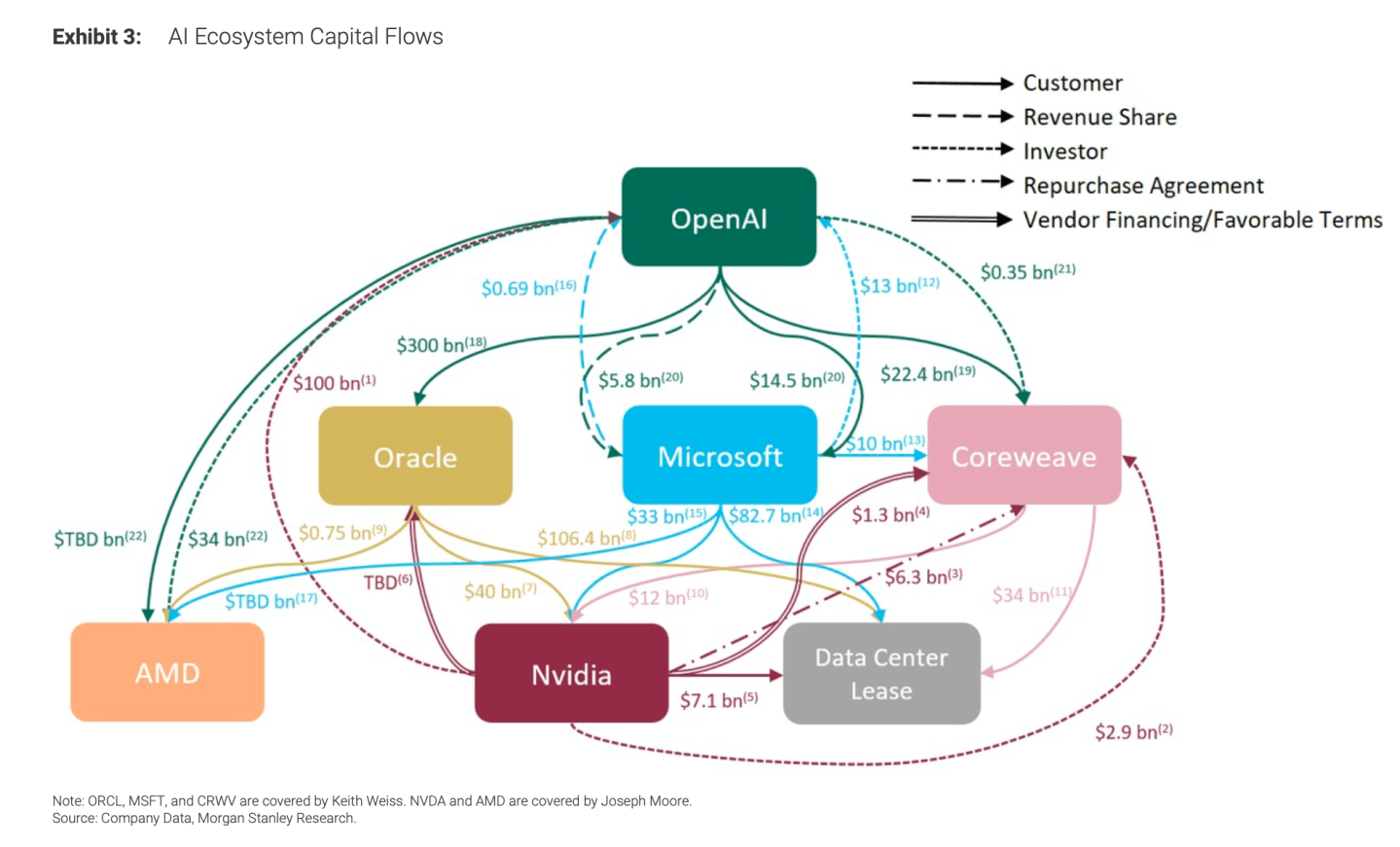Sakizada appealed, challenging whether Wells Fargo had actually complied with the notice provisions. The appellate court reviewed the evidence and determined that the bank had not established, as a matter of law, that it strictly followed the required notice procedures. The court pointed out that strict compliance with both RPAPL 1304 and the mortgage agreement’s notice of default provision is a necessary step before a foreclosure can proceed. Because Wells Fargo did not meet this burden, the appellate court reversed the lower court’s order and denied the bank’s motion for summary judgment. The court also awarded costs to Sakizada.
For mortgage professionals, this decision highlights the importance of carefully following all notice requirements in foreclosure actions. The court’s ruling makes clear that lenders must provide clear evidence of compliance with every step required by law and the mortgage contract. Simply submitting an affidavit or referencing internal business practices is not enough if the documentation does not clearly show that the notices were properly sent.
The outcome of Wells Fargo Bank, N.A. v Sakizada is a reminder to lenders, servicers, and legal teams to review their procedures and ensure that all statutory and contractual steps are followed and documented before pursuing foreclosure. Missing or incomplete notice can result in delays, additional costs, and even the loss of a foreclosure action, regardless of the underlying facts of the loan.
This decision is particularly relevant for those in the mortgage industry, as it reinforces the need for thorough compliance in every foreclosure case. It serves as a practical guide for avoiding procedural pitfalls and maintaining best practices in an area where attention to detail is essential.
Source: mpamag.com







